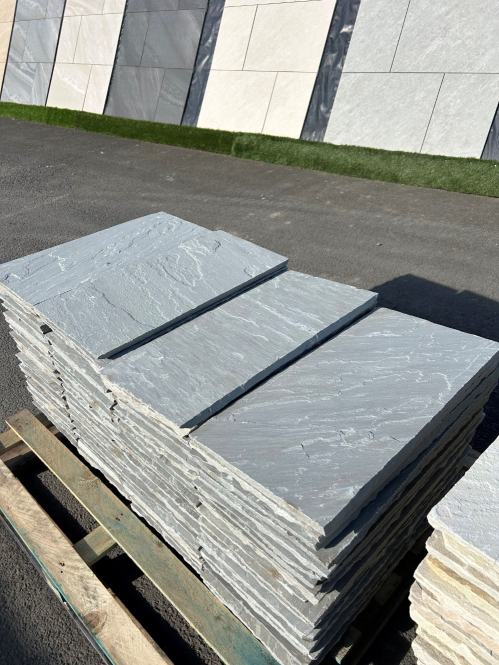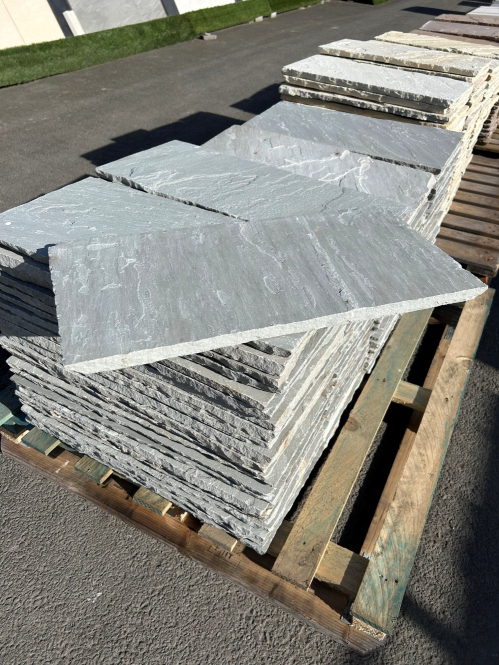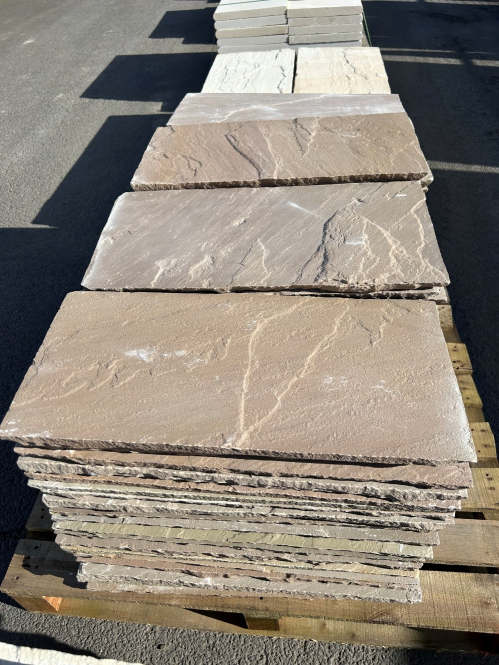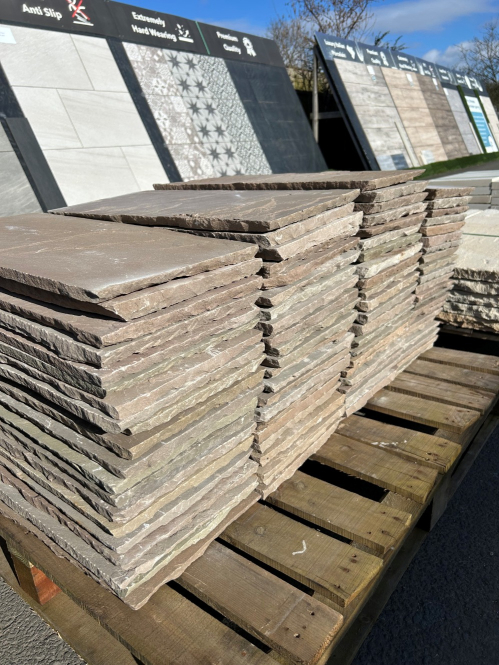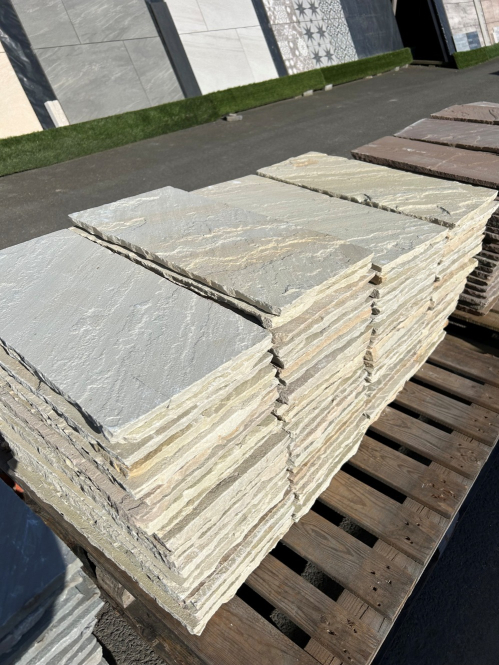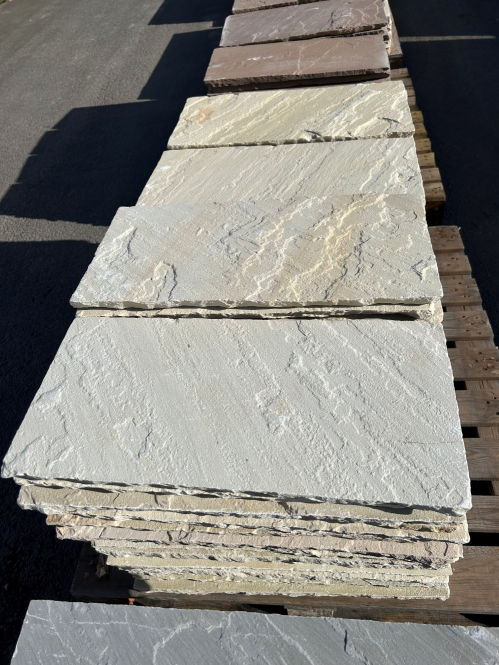Wall Copings
Coping stones provide one of the best ways to finish your walling project to the highest standard, adding a luxurious finish to any landscaping job.
While some customers opt to use paving slabs as coping stones, which is a perfectly acceptable choice, coping stones are typically denser and thicker. This makes them a more robust solution, especially if the coping is intended to double as seating atop a low wall.
Explore our beautiful range of coping stones for sale at Discount Porcelain Superstore today.
For expert advice and orders, Email a member of our friendly sales team on sales@discountporcelain.co.uk
Bricks and Wall Copings
What’s the best mortar mix for bedding coping stones?
There are several mortar mixes you can use to secure wall copings, but the ideal mix is a 3:1 ratio of sand to cement. This provides a strong, reliable bond between your coping stones and the wall.
Using a stronger mix than this can make the mortar difficult to work with, making it hard to gently tap the copings into place with a mallet. If you do prefer a stronger mix, it’s important to add a mortar plasticiser. This additive softens the mortar, making it easier to work with and preventing it from becoming too stiff.
For even better adhesion, consider applying a slurry primer to the underside of each coping stone before laying it. This extra step significantly improves the bond between the stone and the mortar bed.
How do I cut sandstone wall copings?
Sandstone coping stones are similar to sandstone pavers but are usually thicker and denser. You can cut them using a grinder or a circular cut-off saw. For the best results, use a diamond-tipped blade for smooth, clean cuts.
Keep in mind that limestone copings are generally denser than sandstone, so cutting through limestone may take a little longer.
How do I grout between wall coping stones?
We recommend leaving a 10mm gap between each coping stone.
After placing all the copings, fill the joints with mortar, pressing it firmly into the gaps using a trowel. Finish by smoothing out the mortar for a neat, polished look.
Should I seal my coping stones?
Sealing is optional and depends on the finish you want. Many people seal their paving slabs and will seal their coping stones to match.
Sealing enhances colour and reduces water absorption, but it’s not essential. Ultimately, whether you seal your coping stones is a personal choice based on the look and protection level you want.
If you want, I can help turn this into a quick guide or a FAQ section for your website! Would that be useful?

